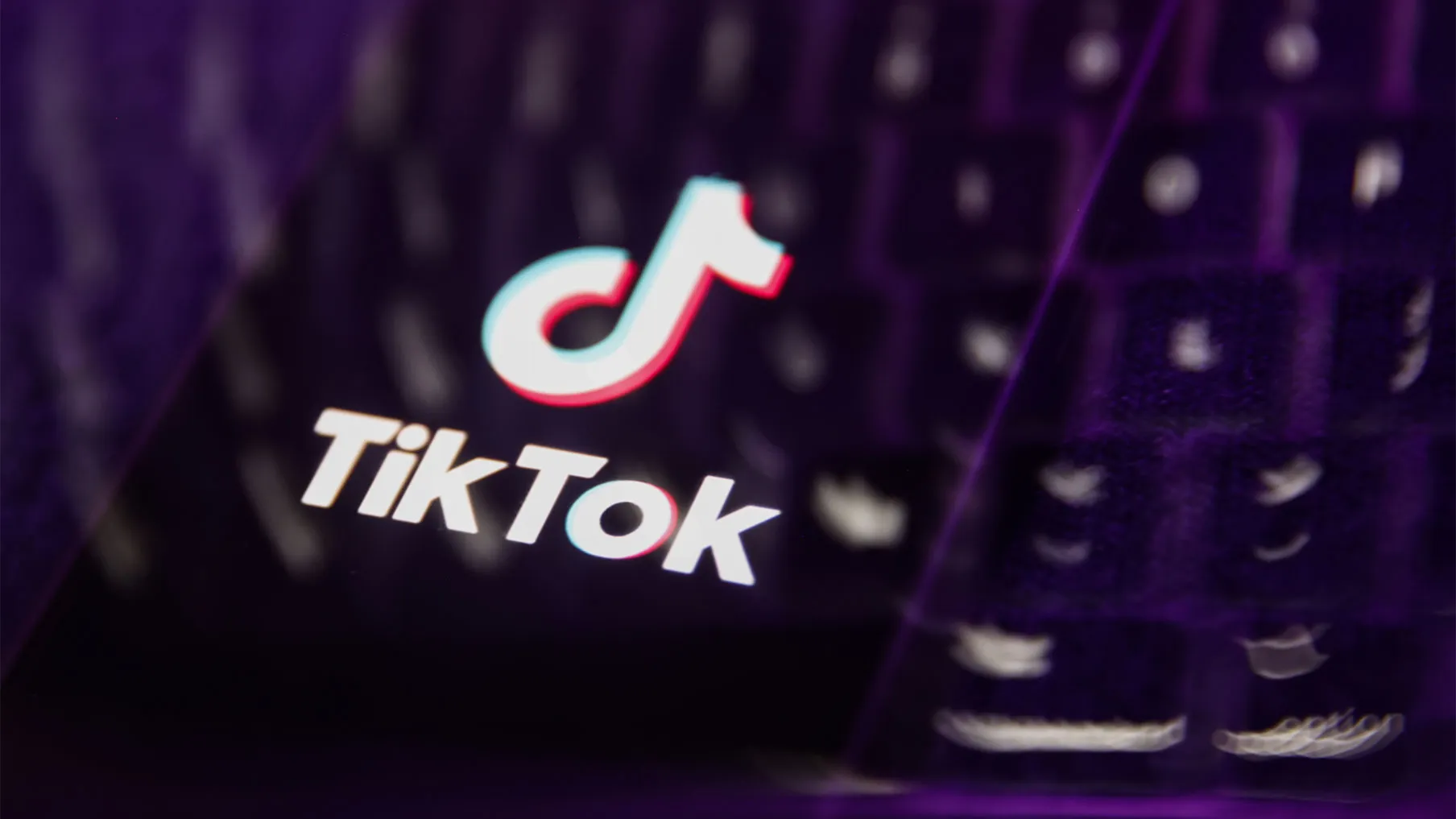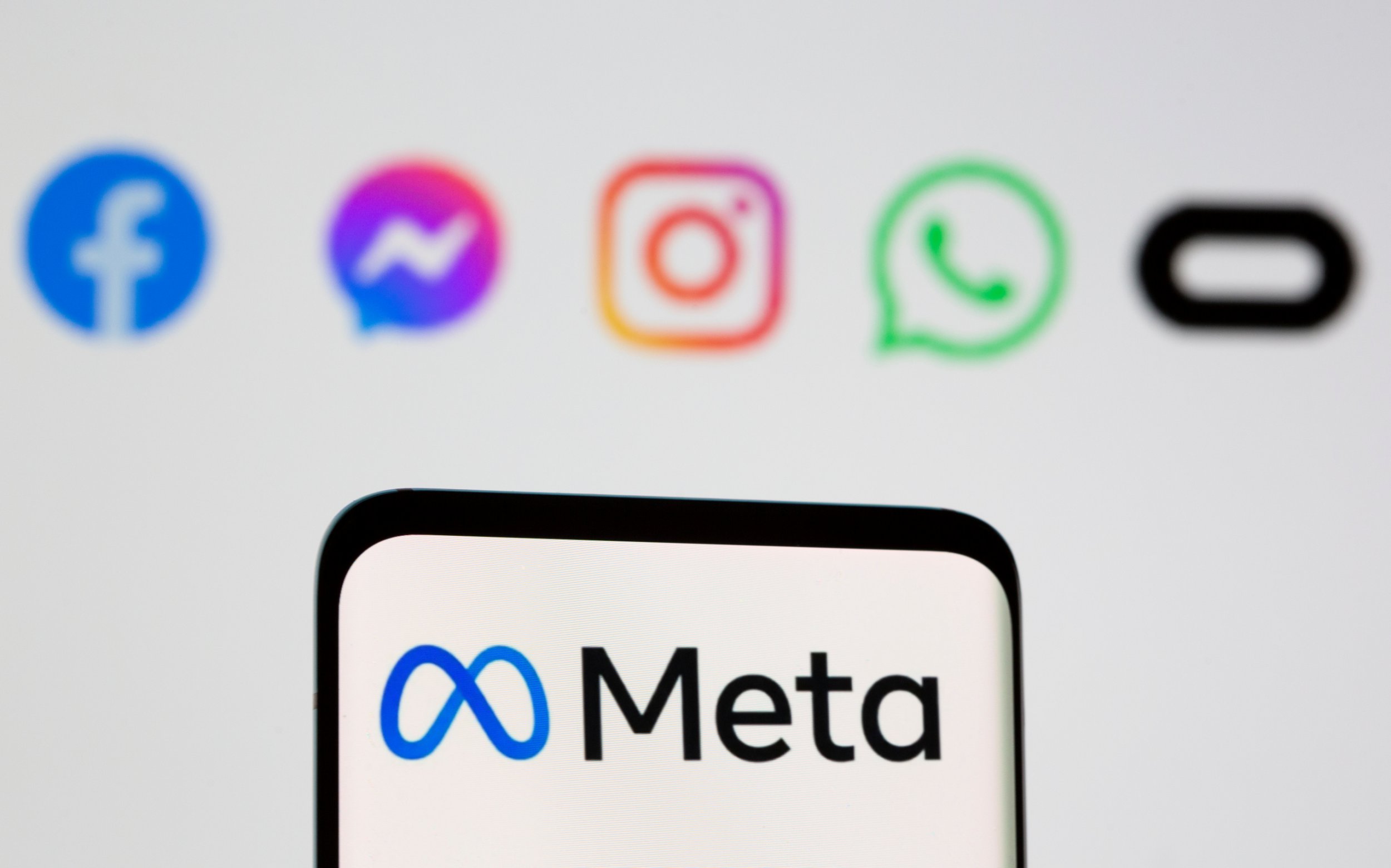As the pressure mounts for TikTok’s parent company, ByteDance, to sell its operations in the United States, the app faces a variety of potential outcomes should the sale fail to materialize. With ongoing concerns about data privacy, national security, and political influence, TikTok’s future in multiple markets could be dramatically impacted.
US Government’s Increasing Pressure
Should TikTok fail to complete a sale, the U.S. government is likely to intensify its efforts to force ByteDance to sever ties with TikTok’s U.S. operations. In the worst-case scenario, the U.S. could impose restrictions or outright ban the app, citing national security concerns over the handling of American user data. TikTok’s American user base and revenue streams would be severely impacted by such measures, further complicating the app’s future.
Data Storage and Privacy Regulations
The issue of data privacy remains one of the most significant challenges for TikTok in the U.S. and beyond. If the sale does not proceed, U.S. regulators could impose stricter requirements on how TikTok handles and stores user data. These regulations might include demands for more localized data storage within the U.S., or more comprehensive transparency measures regarding data processing and sharing.
China’s Role and Regulatory Impact
On the other hand, China’s response could involve increased oversight on ByteDance’s international business operations. The Chinese government could intervene to limit TikTok’s control over its U.S. business, possibly imposing additional regulations on how the app operates outside of China. This could further complicate TikTok’s global expansion and access to international markets.
Global Regulatory Pressures
Beyond the U.S., other countries may also take a closer look at TikTok’s operations. The European Union, for instance, has stringent data protection regulations, and the failure of a TikTok sale could lead to even tighter scrutiny across the continent. Governments may introduce additional tariffs or force TikTok to comply with local data residency and security requirements. In some cases, national regulations could severely limit TikTok’s operations in these regions.
Interested Buyers for TikTok
Several high-profile companies have expressed interest in acquiring TikTok’s U.S. operations. Notably, Microsoft and Oracle were among the primary suitors in the past, with Microsoft offering to purchase TikTok’s U.S. arm in a deal valued at billions of dollars. Oracle also expressed interest in playing a role in managing TikTok’s U.S. operations by addressing the concerns raised by the U.S. government. These companies are looking to gain a significant foothold in the social media and video-sharing market.
However, with the pressure from the U.S. government, there are also rumors that other tech giants like Walmart could join the bidding process, especially in partnership with Oracle. The acquisition could also be seen as a strategic move to bolster their own tech portfolios, as well as respond to the growing competition in the digital space.
Pros and Cons for the U.S.
Advantages:
• National Security: A U.S. acquisition would ensure better control over the platform’s data handling, addressing security concerns over Chinese influence on American user data.
• Economic Opportunity: A deal with TikTok could provide a boost to U.S. tech companies, allowing them to expand their market share and develop new revenue streams in the booming social media and digital entertainment sectors.
Disadvantages:
• Political Tensions: The acquisition may be viewed as a politically motivated move against China, further escalating tensions between the two countries, potentially leading to retaliatory actions in other economic areas.
• Regulatory Challenges: The U.S. government could impose complex regulatory requirements on the platform, making operations more cumbersome and potentially reducing the app’s appeal for users.
Pros and Cons for China
Advantages:
• Maintaining Control: By retaining TikTok’s ownership, China would continue to wield influence over the platform, which has grown to be an international cultural phenomenon.
• Revenue Stream: Keeping TikTok in Chinese hands ensures continued revenue generation, benefiting ByteDance and the Chinese economy.
Disadvantages:
• Loss of Market Access: If TikTok is forced to sell, China would lose its control over one of its most popular and profitable international tech platforms, impacting its global presence and tech influence.
• Political Backlash: Maintaining control over TikTok while facing mounting scrutiny could create further geopolitical tension, particularly with Western powers concerned about data privacy and national security.
Impact on TikTok Users
For TikTok’s millions of users across the U.S. and the world, the potential failure of the sale could have far-reaching consequences. If the app is banned in the U.S. or faces significant regulatory hurdles, users would be deprived of access to a platform that has become an essential part of their digital lives, particularly for content creators, influencers, and businesses using the app for marketing.
Additionally, users may face increased privacy risks as more stringent data regulations are put in place. The data security concerns surrounding TikTok could result in a loss of trust among its user base, potentially driving them to migrate to other social media platforms. This loss of confidence in the app could lead to a decline in user engagement and a decrease in its overall popularity.
For users in China and other countries, the sale’s failure could mean a continued presence of Chinese government influence over TikTok, leading to concerns about the censorship of content and the platform’s role in shaping public opinion. In some regions, governments might enforce stricter regulations on the app, limiting its functionality and imposing restrictions on the type of content that can be shared.
Looking Ahead
The future of TikTok hangs in the balance as the political and regulatory pressures on ByteDance intensify. The company is left with a difficult decision: sell its U.S. business to appease Washington, or risk facing bans and regulatory hurdles across multiple countries. The outcome will likely shape the app’s global presence for years to come, with profound implications for data privacy, national security, and international business operations.
In conclusion, if TikTok fails to finalize its sale, the consequences will reverberate not only in the U.S. but across the globe, forcing governments and companies alike to confront difficult questions about data, security, and political influence in the digital age.




